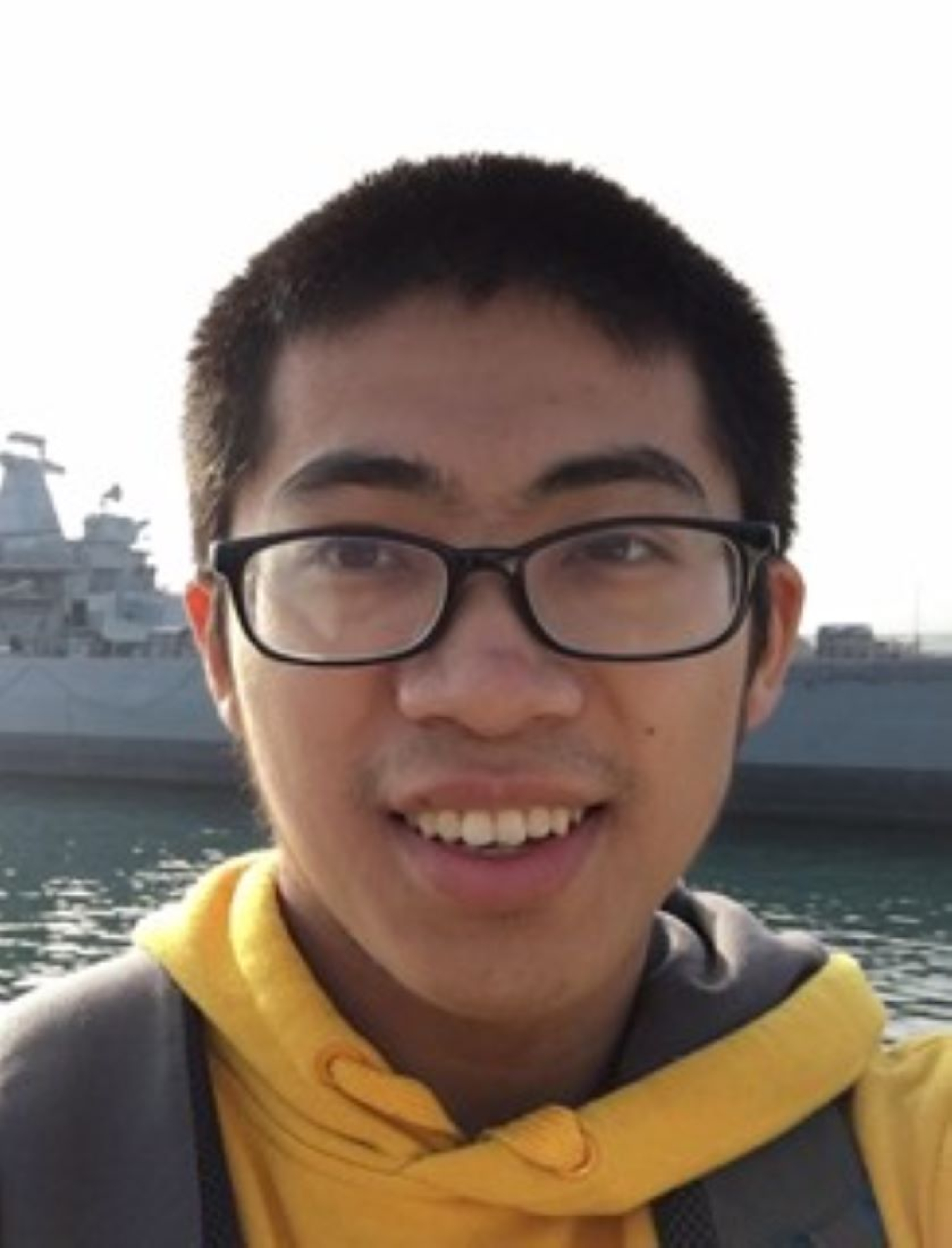Learn more about Xian Wang, one of the students conducting STEM research through FECM's Historically Black Colleges and Universities and Other Minority Institutions (HBCU-OMI) Program.
Hydrocarbons and Geothermal Energy Office
May 27, 2022The Historically Black Colleges and Universities and Other Minority Institutions (HBCU-OMI) Program—sponsored by the Office of Fossil Energy and Carbon Management (FECM) and administered by the National Energy Technology Laboratory (NETL)—invests in developing a U.S. workforce that is diverse and highly skilled in science, technology, engineering, and math (STEM) through training and education grants. The HBCU-OMI Program is transformative for student researchers who will shape the future of the clean energy sector.
From February through June 2022, FECM highlighted students conducting research in STEM fields through the HBCU-OMI Program. Learn more about one of these students below!

Xian Wang
Graduate Student (Ph.D.) in Physics, focused on quantum control and quantum computing
University of California, Riverside
What made you start pursuing studies in a STEM field and your particular area of specialization?
I believe that science and technology are the fundamental driving forces to make the world better. I feel that quantum information and computing could lead to revolutionary breakthroughs, which is why I decided to study the basics of quantum computing in graduate school.
What research topics and/or technical areas have you worked on through this HBCU-OMI Program?
As part of this HBCU-OMI program, I developed a gradient-based quantum control simulator1 that uses efficient analytical gradients in Python and MATLAB. This capability enables control of multiple qubit systems2 with external fields.
What aspect of your work through this program are you most proud of?
Through my research, I observed that multiple qubit systems can be studied with the fundamental principles of group theory3 based on the underlying symmetry of the system. This will greatly enhance the understanding and control of multiple qubit systems.
Have you published, or are you working on publishing any papers through your work in this program?
In related past work I published the following papers on quantum control algorithms:
Raza, A., Hong, C., Wang, X. X., Kumar, A., Shelton, C. R., & Wong, B. M. (2020) NIC-CAGE: An open-source software package for predicting optimal control fields in photo-excited chemical systems. Computer Physics Communications, 258, 107541.
Wang, X. X.; Kumar, A.; Shelton, C. R.; Wong, B. Harnessing deep neural networks to solve inverse problems in quantum dynamics: machine-learned predictions of time-dependent optimal control fields. Physical Chemistry Chemical Physics 2020, 22(40), 22889-22899.
I am currently working on a paper to extend these previous works for the qubits used in this HBCU-OMI Program.
How has your research through the HBCU-OMI Program helped you to learn more about your field and career opportunities?
This program helped me to establish my first study in quantum control / quantum information. My current study will potentially enhance the speed for controlling multiple qubit systems and push forward developments in this field.
Any final thoughts on your experience as a student in the HBCU-OMI Program?
I feel that a good understanding of fundamental principles using mathematics and science is important to innovative studies. When a topic becomes popular, many people try to seek quick opportunities, but only those who truly understand the underlying physics and mathematics will be successful.
To learn more about the HBCU-OMI Program, read our introductory blog post for this student spotlight series, download our infographic, and visit NETL’s University Training and Research page.
________________________

